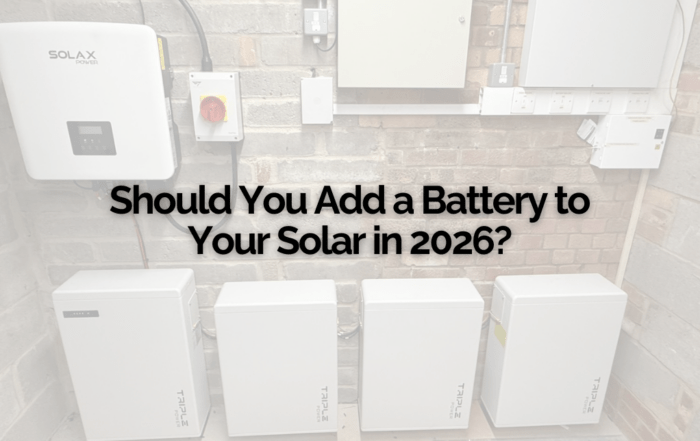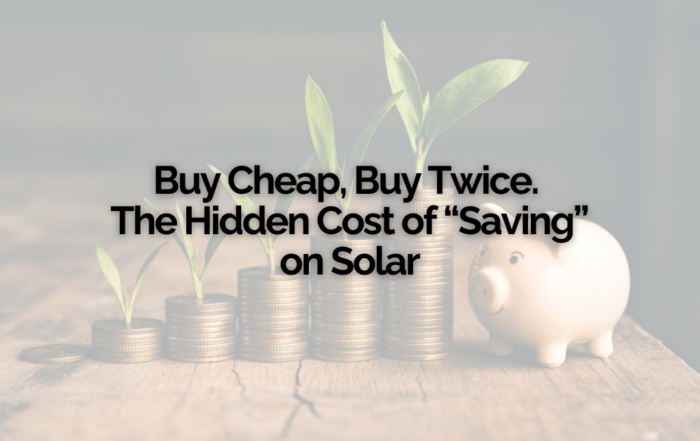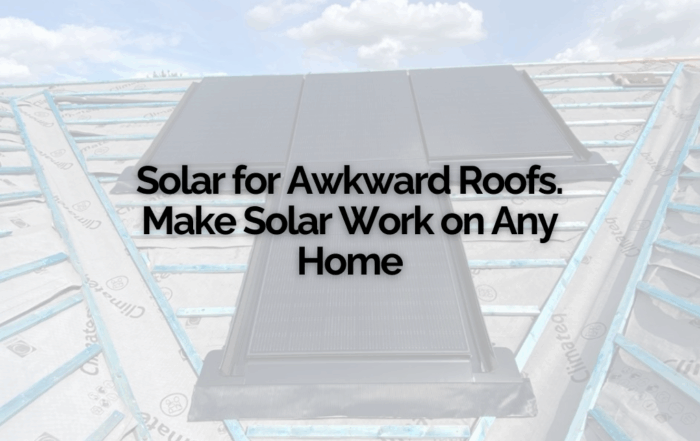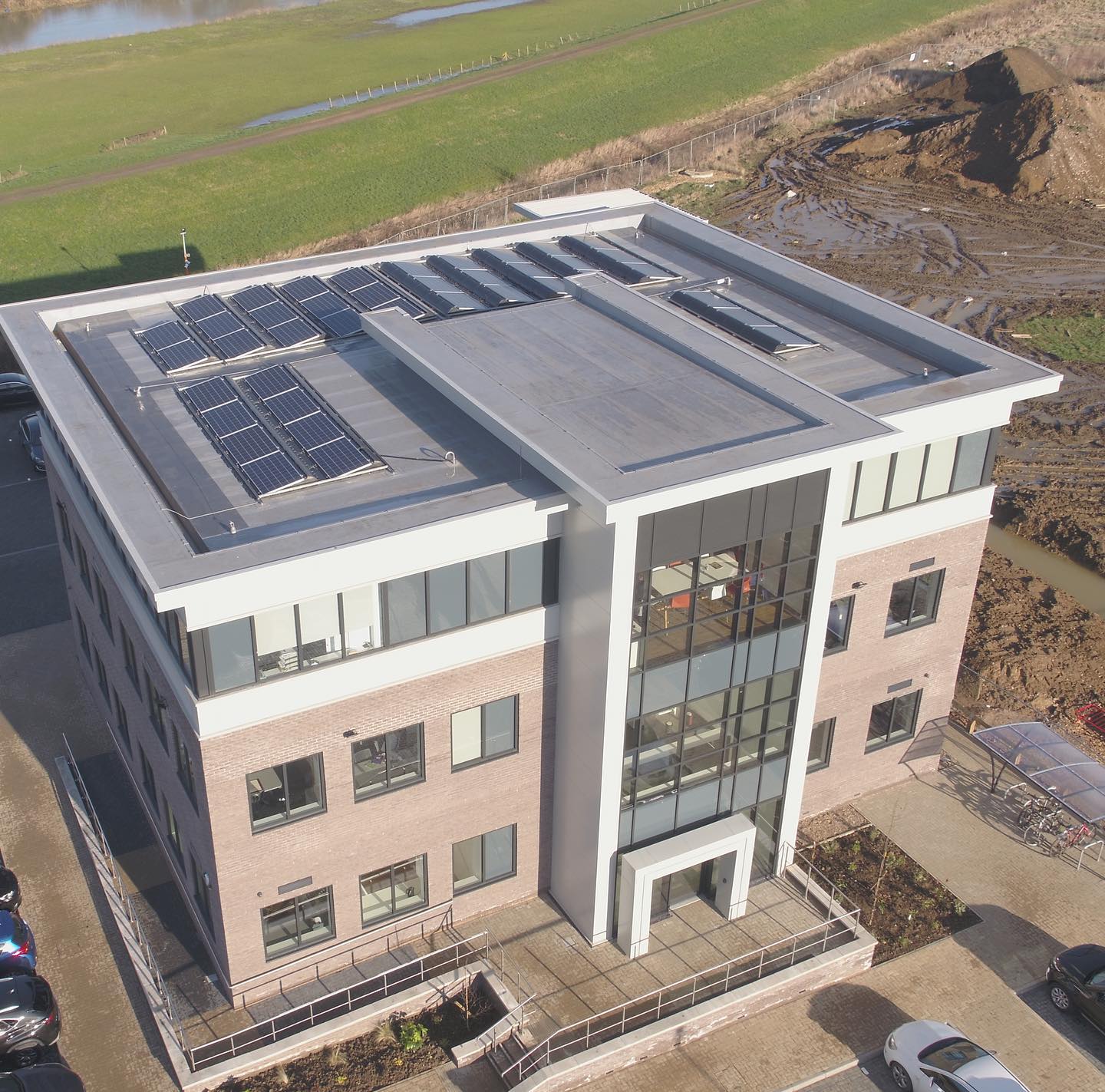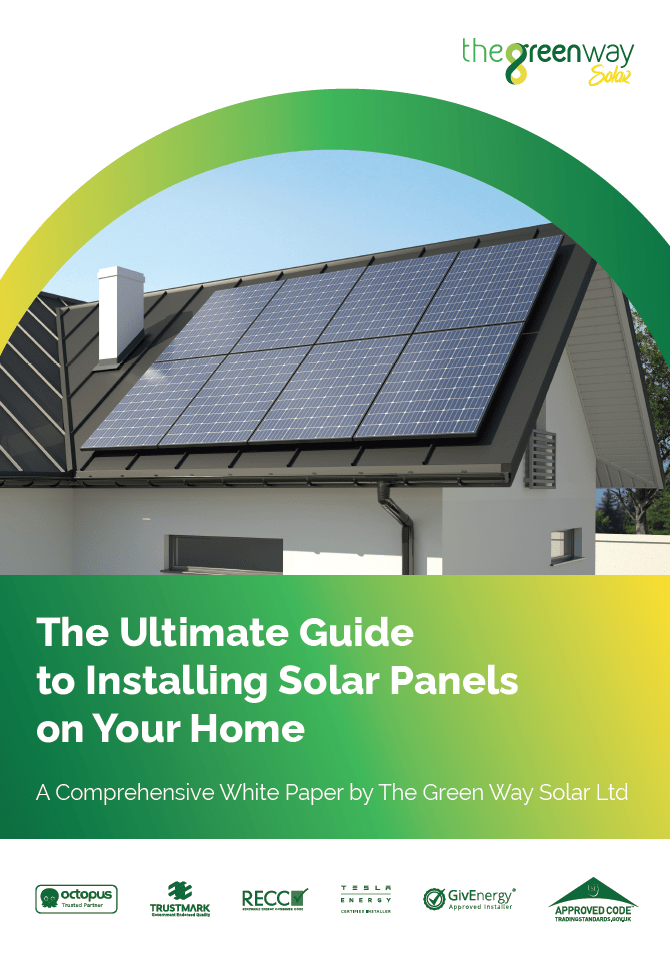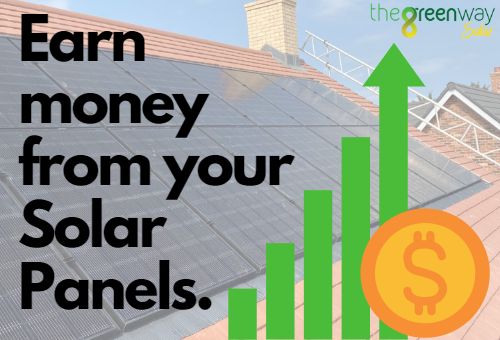
Earn money from your Solar Panels
Solar panels are a great way to save money on energy bills, but for those who have them installed, they can also offer an additional income! The unused electricity generated from the panels can be exported to the national grid, which then pays you back for this.
With the price of installing solar panels falling, the attractiveness and affordability of this energy-saving option increases! The average price of installing a domestic solar PV system of 3.5kWp is now costing around £5,500. This will typically take up around 20m2 roof area, so space is a key consideration when assessing a home’s suitability for solar panels.
Space and roof direction are key considerations when assessing a property’s suitability for solar panels. An unshaded, south-facing roof is ideal for maximum electrical output. East and west-facing roofs are still considered, bearing in mind that they will yield around 15-20% less energy than one facing directly south – north-facing roofs are not recommended. Shading is sometimes unavoidable and if you have nearby buildings, trees, or chimneys, this could negatively impact your system’s performance
The Smart Export Guarantee (SEG) scheme is the latest power-selling scheme, introduced by the UK Government in 2020, and is a win/win, environmentally friendly option. It is available to homeowners with solar panels, and it permits unused energy generated from the solar panels to be converted into money! To be a part of the SEG scheme, your installation will need to be MCS accredited.
After registering for an SEG tariff through an approved energy supplier, you will need to have a meter that can take half-hourly readings (smart meter) to help get accurate readings for the energy supplier to be aware of how much they owe you.

How do Solar Panels work?
Solar panels, photovoltaics (PV), capture the sun’s energy and convert it into electricity for you to use in your home. They consist of many cells made from layers of semiconducting silicon, and when light shines on this material, a flow of electricity is created. Direct sunlight isn’t essential, and they can even generate energy on cloudy days!
Direct current (DC) electricity is generated and converted to alternating current (AC) by an inverter, and this is what is needed to run household appliances, and excess energy can be exported back into the national grid, converting it into money. This way you are promoting environmental conservation since excess energy is channelled to other homeowners who can’t afford to install solar panels and would otherwise use exhaustible forms of energy like coal and natural gas.

